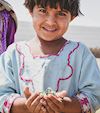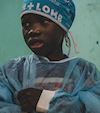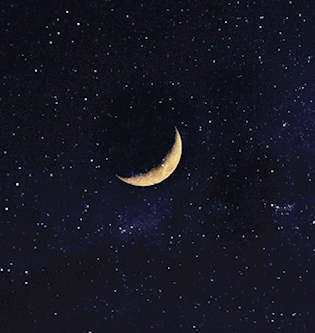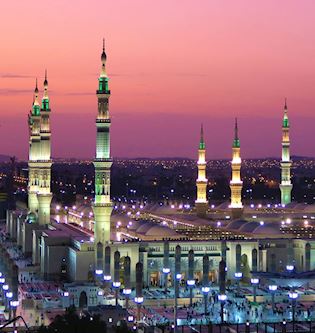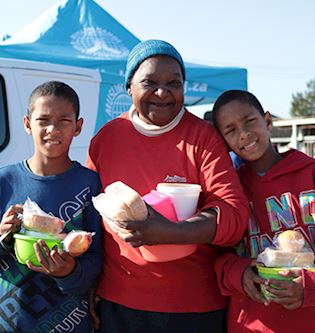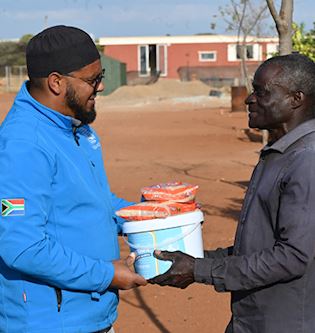Celebrating Islamic Heritage in South Africa
Islam is one of the fastest-growing religions in South Africa and the commemoration of Heritage Day is a great opportunity to shine a spotlight on the country’s established Islamic legacy. South African Muslims owe so much to the dedication and commitment of early Muslim settlers who held on to their faith and continued to trust in Allah (swt) despite very difficult circumstances.
Where it all began
The start of Islam in South Africa can be traced all the way back to the 17th century, in what is now Cape Town. The Dutch would often exile Muslim leaders from the East Indies (modern day Indonesia) to the Cape, which they also controlled. The political exiles were usually Muslim men of high ranking and wealth, who were banished as they posed a threat to the stability of Dutch rule.
One of these leaders was Abadin Tadia Tjoessoep, or Sheikh Yusuf, who arrived in the Cape via a ship called the 'De Voetboog' on 2 April 1694, along with his family and followers. The Dutch tried to isolate the leader far way from others by housing him on a farm in Zandvleit, as a prisoner. It didn’t work though, and the Sheikh started disseminating the teachings of Prophet Muhammed (saw) to nearby slaves.
Islam soon became very popular among other slaves and their masters. Slaves used the teachings to gain better positions in their masters' households while slave masters learned how important it was to treat their own slaves well. Very soon, the first cohesive Muslim community in South Africa was established in Zandvleit.
Sheikh Yusuf died in Zandvliet on 23rd of May 1699 and the area was renamed Macassar in honour of his birthplace. The Sheikh was buried on the hills of Faure, overlooking Macassar and is still widely regarded as the founder and father of Islam in South Africa.
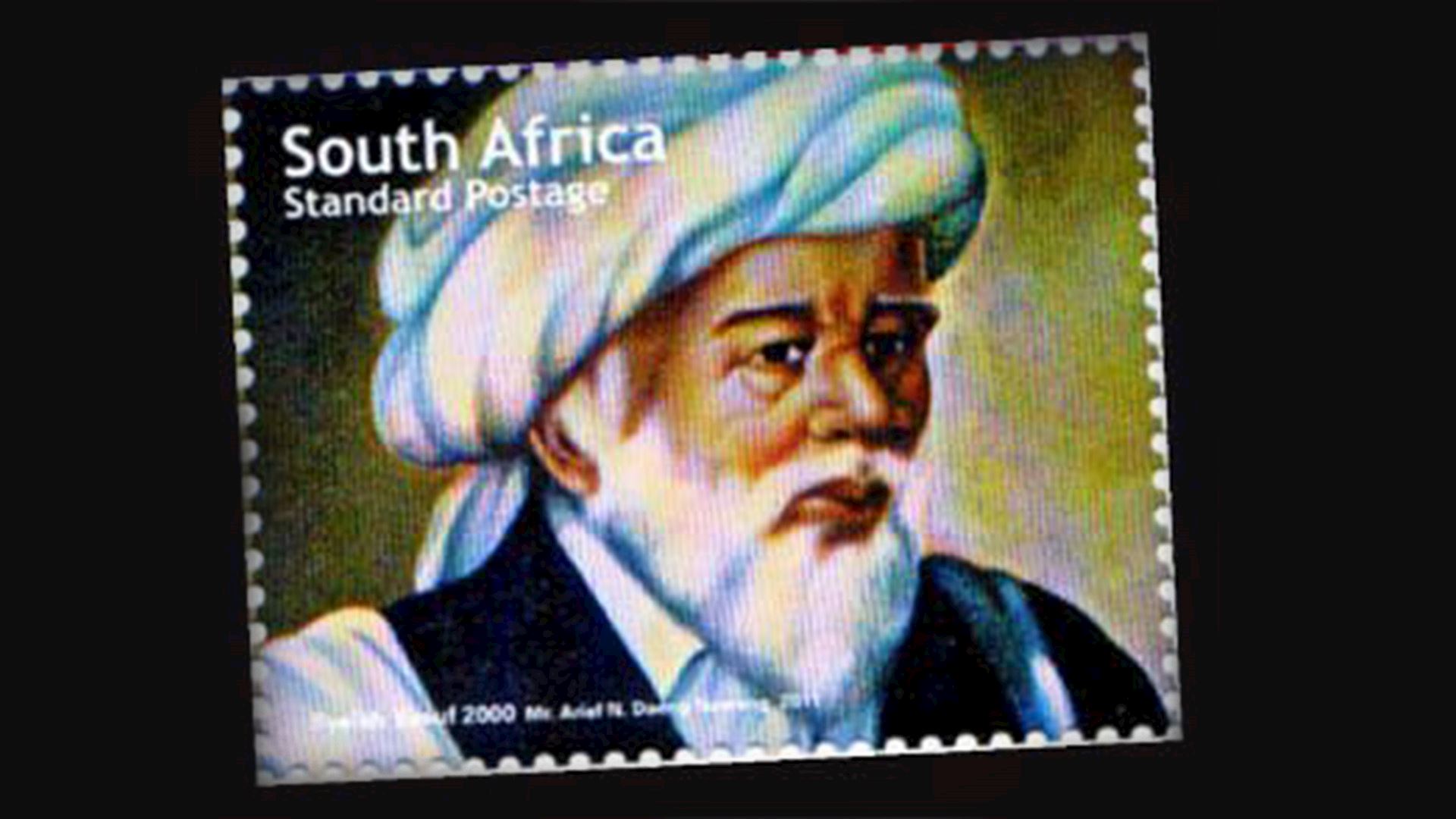
Establishing the first mosque
In 1767 Prince Abdullah Kadi Abu Salaam of Indonesia, was exiled to the Cape. During his incarceration, he wrote a copy of the Quran from memory, which is still preserved in Cape Town today. After his release in 1793, he established the first madrasah in the country, which became extremely popular among the slaves and the native black community.
He later became the first Imaam of the Auwal Mosque, situated in the Bo-Kaap neighbourhood of Cape Town and widely recognised as the first established mosque in South Africa. It was built on land belonging to Coridon van Ceylon, a freed Black Muslim slave, and was the first mosque to observe public prayers and is where the Arabic-Afrikaans language was first taught.
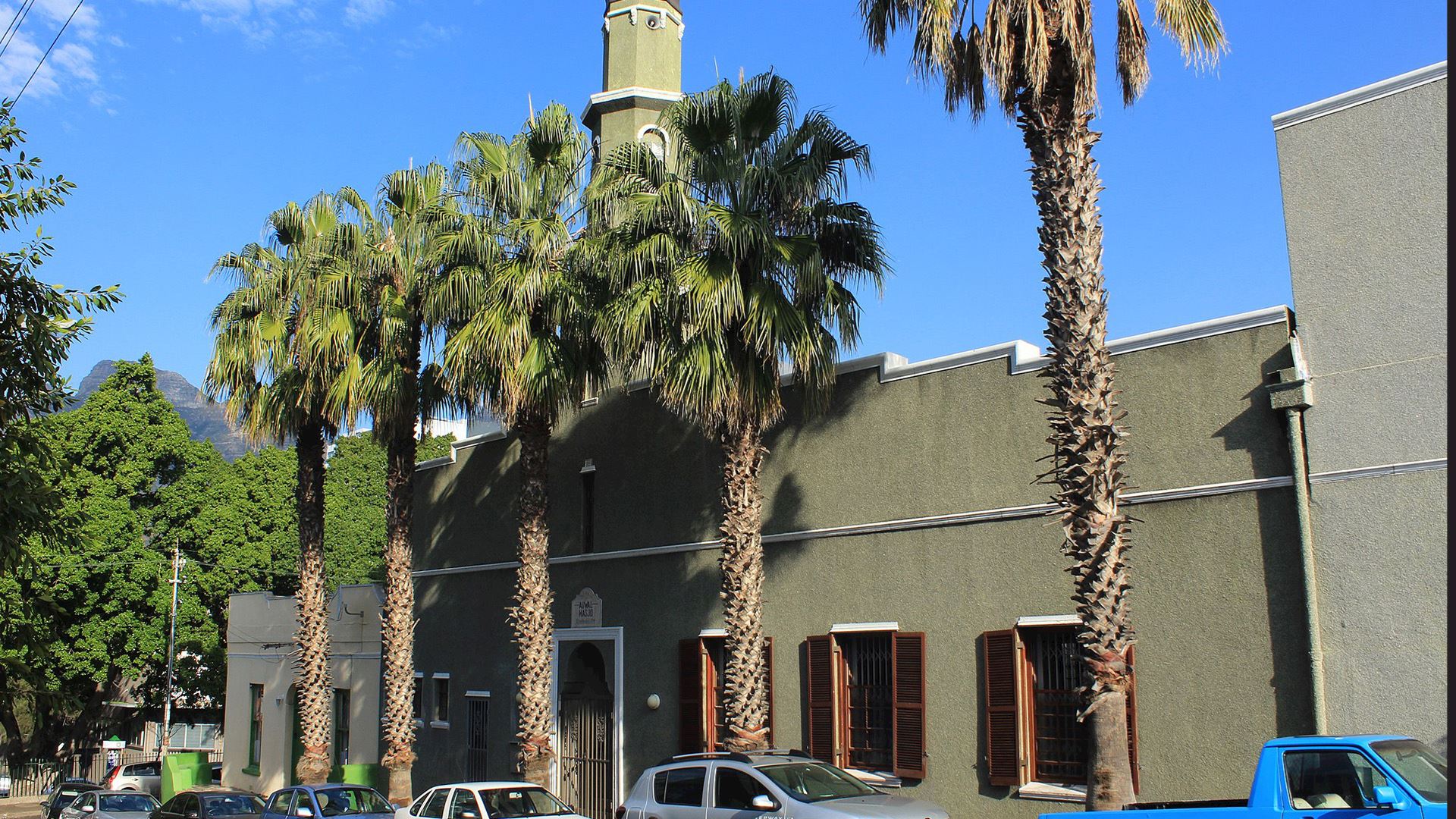
The prince was buried in the Tana Baru Cemetery, also in Bo-Kaap, which was the first-ever Muslim cemetery in the country.
The emigration of Muslims from India in the early 1800’s by the British helped spread Islam to the rest of South Africa. These Muslims soon established Jumu’ah Musjid, the first mosque in Grey Street in Durban in 1881 and the Kerk Street Mosque, also known as the Jumu’ah Mosque in Johannesburg, in 1906.
The Cape Kramats
Kramats are a shrine, marking the graves of Islamic pioneers buried in Cape Town. There are more than 20 recognized Kramats in the Peninsula, and they are believed to be located in a circle shape.
The oldest known sites are the graves of Sheikh Abdurahman Matebe Shah and Sayed Mahmud, in Constantia but the shrine of Sheikh Yusuf is often seen as one of the holiest one, with Muslims visiting from all over the world. Other Kramats are situated on Lion's Head and Signal Hill, and even as far-reaching as Bainskloof, Caledon, and Rawsonville.
The Kramat on Robben Island is probably one of the most famous. It is the burial place of Tuan Matarah or Sayed Abduraghman Motura, who was believed to be a very learned and religious man and who died on the island. During his incarceration, he spread the message of Islam and was known for his comfort and cure that he brought to his fellow prisoners when they were ill.
Robben Island is very much a part of the history of Islam in South Africa as it is for the whole of the country and this Kramat here is often seen as a symbol of the struggle for the establishment of Islam.
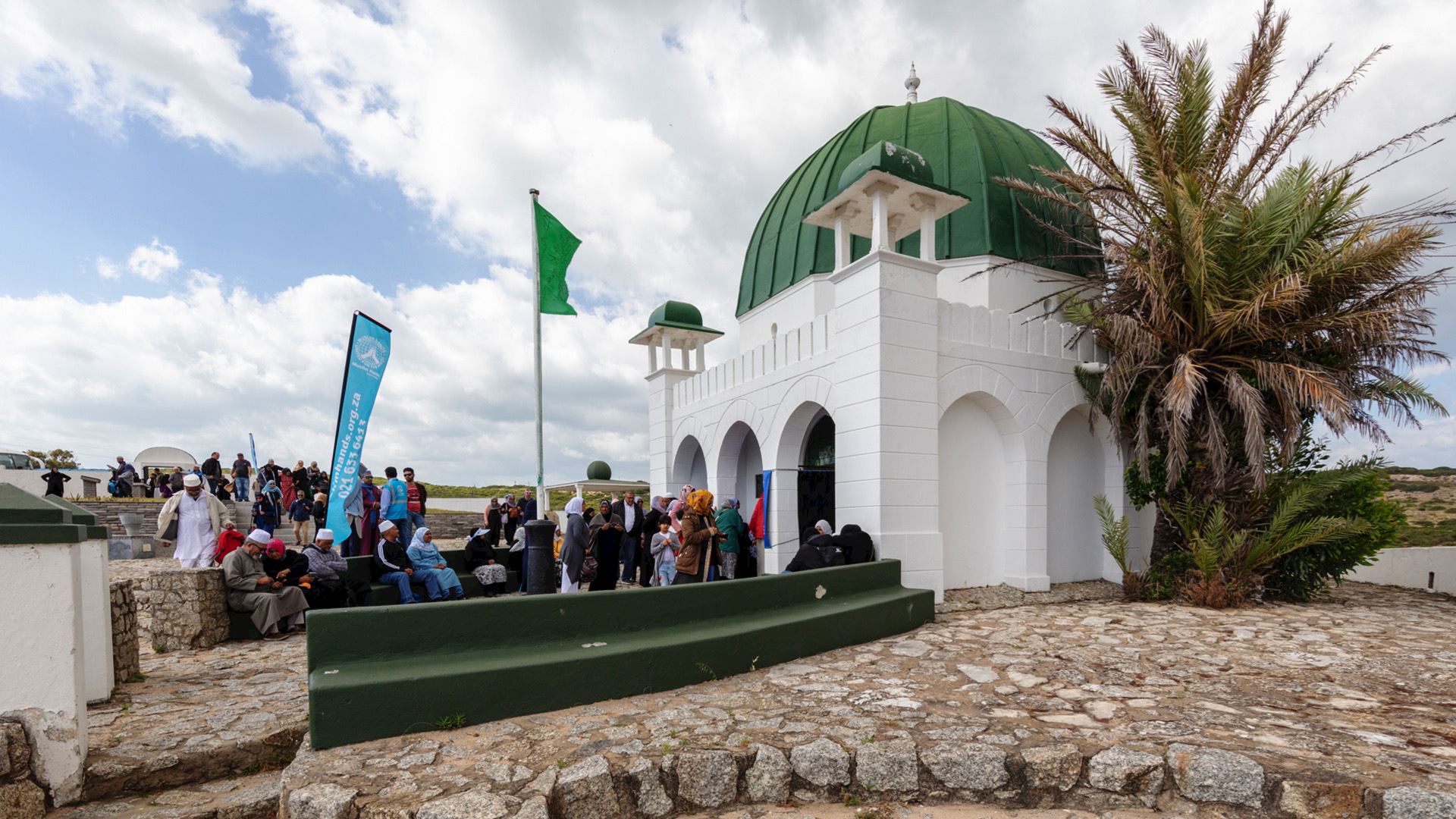
The rich legacy of Islam in South Africa should serve as a reminder that we, as Muslims, must embrace the teachings of Islam and continue our efforts to alleviate poverty and protect those that cannot fend for themselves.





